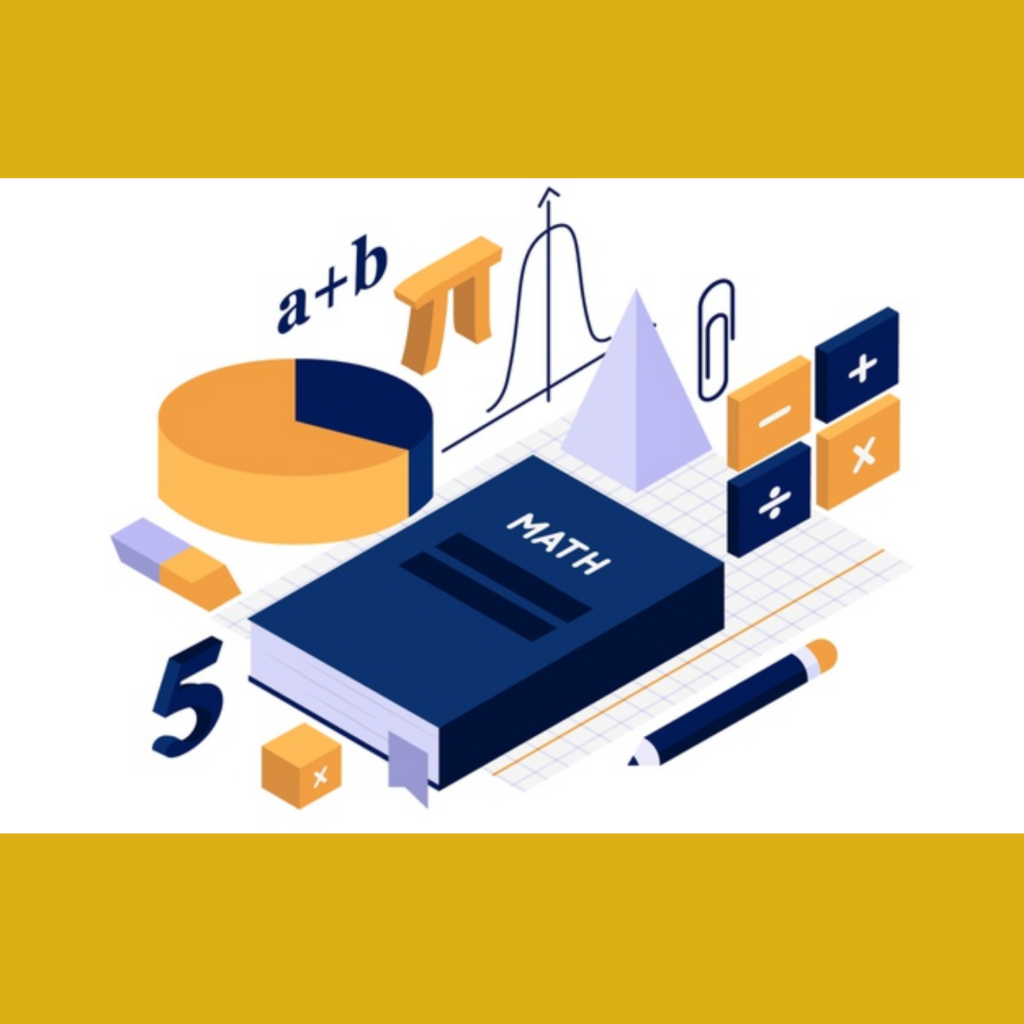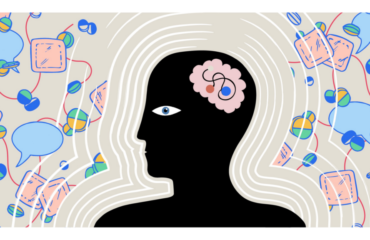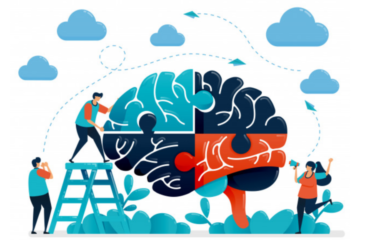
His teachers said that he was mentally slow, unsociable and adrift in his foolish dreams
– Albert Einstein
During my high-school days, although I loved math, I still had a bit of anxiety about it. But on the other hand, I had this one friend who just could not understand math. He would get confused with signs and symbols and numbers would just scare him! Sometimes even simple things like recalling his own phone number would be scary for him! I did not understand it back then, but what I realize now is that he had “Dyscalculia”
So, first things first:
What is Dyscalculia?
As the word suggests, Dys-Calculia in literal sense means the inability to calculate. This is a specific neurological learning disorder that makes it difficult to understand mathematical concepts or work with numbers. This comes under the broad umbrella term of “Learning Disabilities” and is sometimes referred to as “Math Dyslexia”
It does not mean that you are less smart, or have vision problems, your brain just processes and understands numbers and math concepts differently! Your brain circuitry is just programmed differently to comprehend numbers!
In quite many cases, dyscalculia occurs together with dyslexia. While there still a lot of research done on dyslexia, not much has been done on dyscalculia. Hold on! This does not mean that is it less common, as a matter of fact, the occurrence of dyscalculia is just as high as dyslexia. We just need to recognize it! Speaking of recognition, you must be wondering what are some of the tell-tale signs of Dyscalculia!
What are the Signs & Symptoms of Dyscalculia?
- Difficulty in understanding a number with its quantity: 2 represents 2 apples
- Difficulty in counting money, change, or estimating the time, eg: if the time is 10:35, it will be difficult to understand this until it is 11 o’clock
- Having trouble with mental math and solving problems eg: 3*7=??
- Getting confused with math symbols eg: x can look like +
- Difficulty counting numbers backwards eg: 10,9,8…? Or even remembering phone numbers, ATM pin
So if you’re wondering what causes dyscalculia, I’m here to tell you what REALLY happens inside the human body and brain. If you are a nerd-enthusiast, brace yourselves because of some geeky facts about the human brain!
Neuroscience of Dyscalculia
So let us understand what causes Dyscalculia- The brain has 4 lobes, frontal, parietal, occipital, and temporal. The frontal and the parietal lobes are responsible for mathematical memory and analyzing numbers. Brain scans have shown that the activity between different neurons in these regions is lower for a dyscalculic brain as compared to a normal brain.
So if you have dyscalculia, you’re not alone! Famous personalities like Thomas Alva Edison, Albert Einstein, Bill Gates, and Benjamin Franklin have all struggled with their own share of problems with math!
But did these stop them from learning new things and becoming successful in life? NO!
Management for Dyscalculia
While a lot of people ask- ‘Is dyscalculia a disability,’ I believe that these characteristics can easily be managed. So here are some suggestions-
- Different Teaching Styles: Instead of creating a competitive environment for the child, its ideal to use different techniques to make math fun! Special educators can work together using coins or candies to show simple division, or clapping 5 times to show that it represents the number 5. Complex math problems can be broken down into tiny easy bits like using a pizza to show fractions.
- Using Learning Aids: Some elements can really help make math learning and application easier like using calculators, extra time in exams, or even abacus, these can all be used to make math learning simple.
That’s all about Dyscalculia being a part of the “Neurodiverse” spectrum! If you are super interested in getting to know more about learning disorders, watch this space for more!




You must be logged in to post a comment.